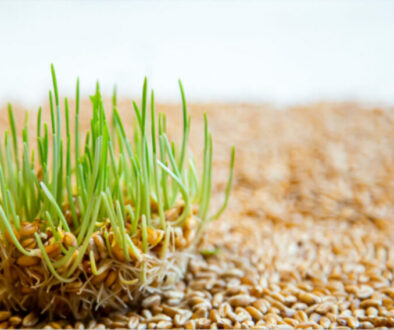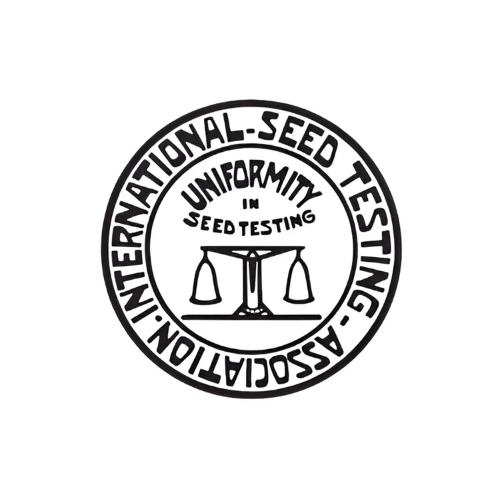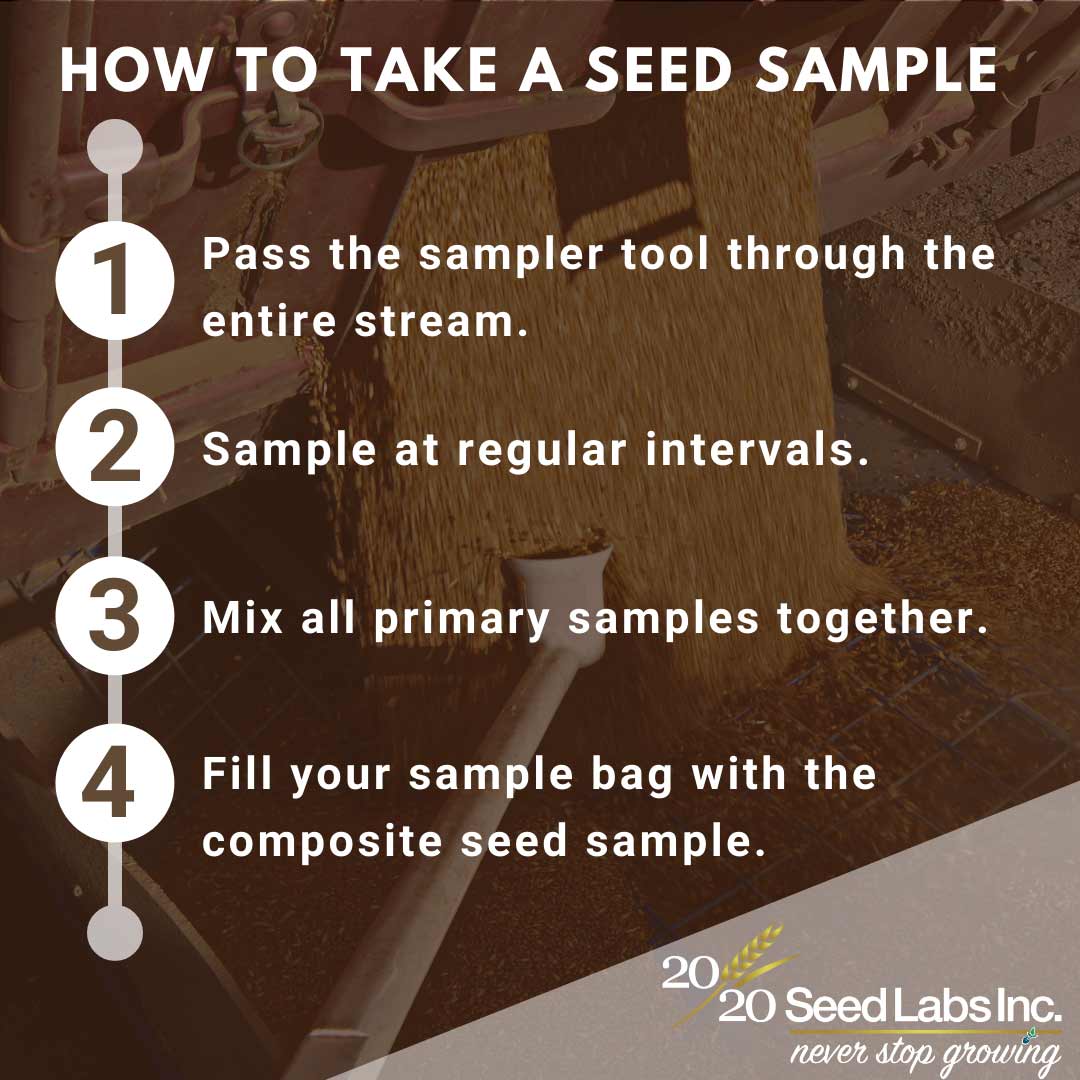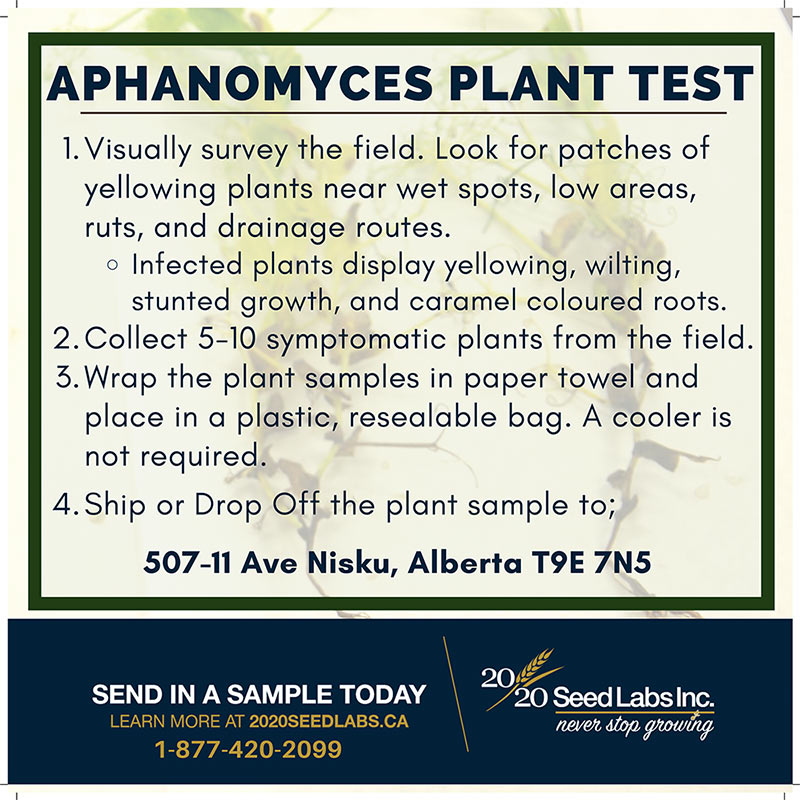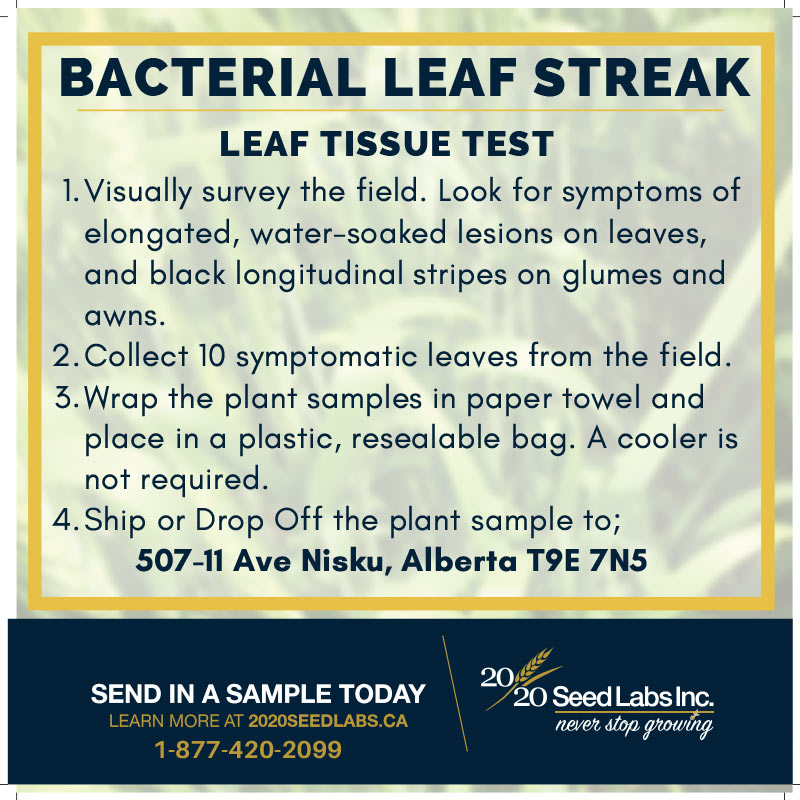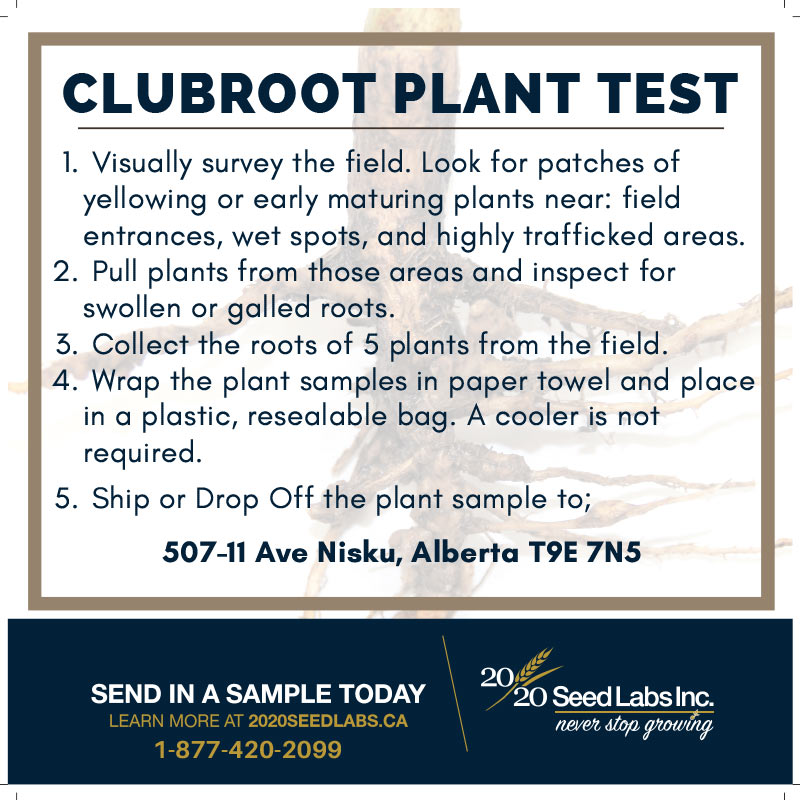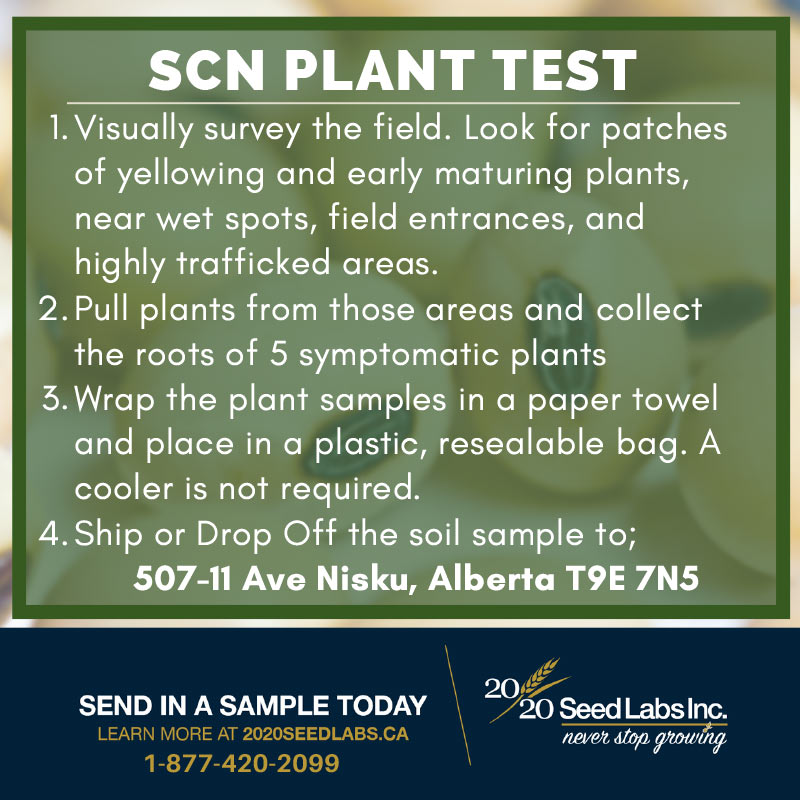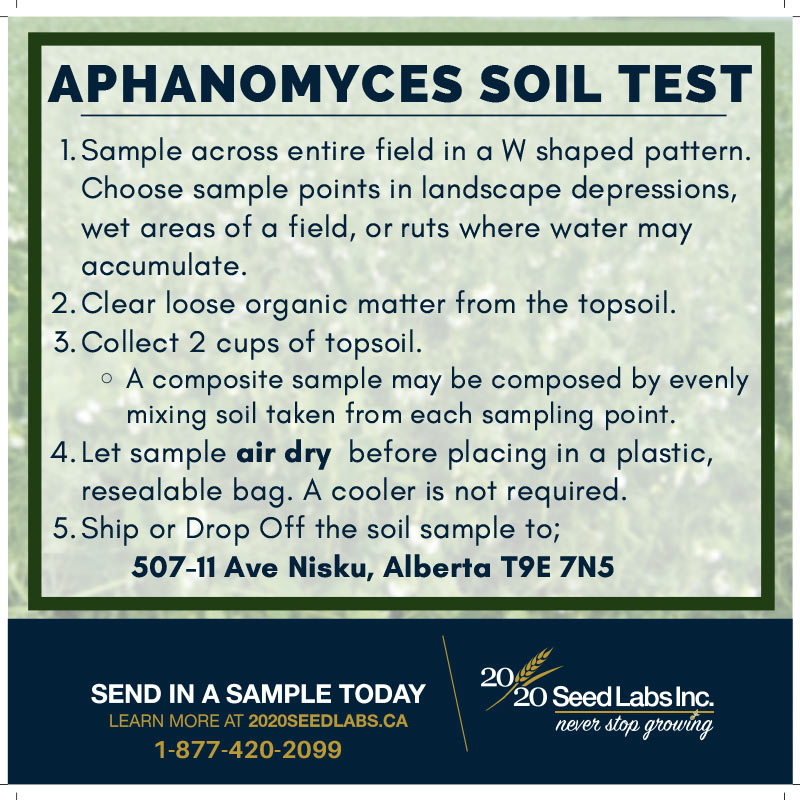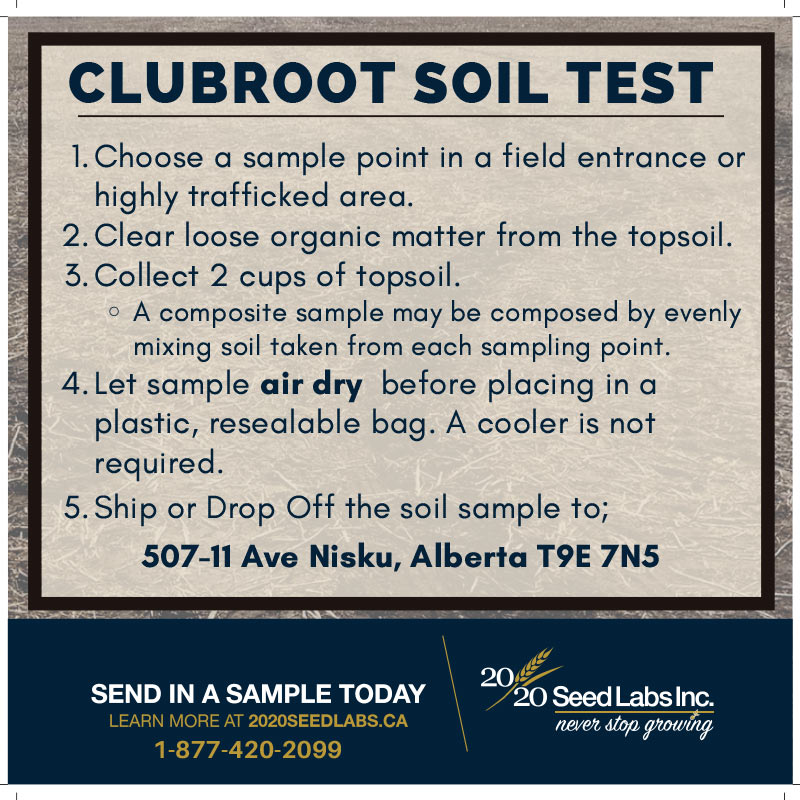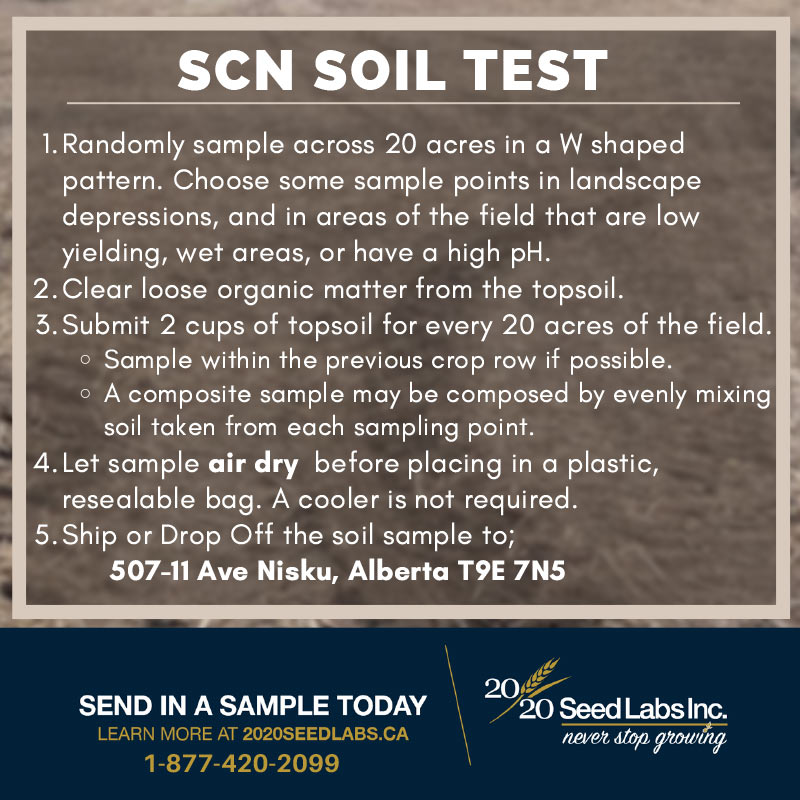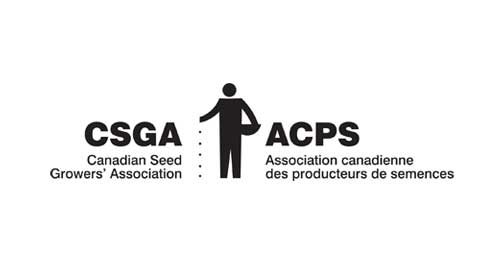Some things can be rushed – but most have to happen in their own time. Accredited seed testing follows protocols that are set out by governing organizations. These are in place to ensure that everyone is following the same steps to consistently test seeds, and report results. Seed testing falls in the category of things not to be rushed!
Seeds, as living entities, have stages of rest and growth. Most commonly these are known as dormancy and germination. While they are a part of the natural process, they can also be factors that impact a seed lot’s future yield potential.
Dormancy is a natural process in plants and seeds where they rest and wait for optimal growing conditions to continue their life cycle. In agriculture, dormancy is important to keep seeds from sprouting too soon after harvest, and to keep them in good condition waiting for spring.
Dormancy can also present challenges to growers as plants can remain dormant (not actively entering germination but not dead) even in optimal growing conditions. This can be broken using different methods including using a pre-chill period as part of the germination testing process. Pre-chill recommendations are specific to each crop type and are outlined in the protocols set out for seed analysis.
When a seed doesn’t break dormancy during a germination test it is noted on the report. Seeds that do not germinate are examined by the seed analyst to determine the cause. There are several factors including frost damage, mechanical or chemical damage, disease, or poor seed maturity are some factors which can impact germination. These are noted and provided to the grower in their germination report.
Each seed variety has specific germination conditions, timing, and processes that follow set protocols. Your accredited seed lab will follow these and provide you with accurate test results – and be in a position to help make determinations on seed treatments, the timing of seeding, and in-season decisions to help your crops reach their yield potential.
Adding vigour testing and disease screening can give growers a clearer idea of the potential of their seed lot while knowing the thousand kernel weight will help set seeding equipment for the best placement of seed for stand development.
Testing seed in spring provides valuable insights to aid in the timing of planting, the purchase and application of inputs, or even making adjustments to their rotation or seed lot choices.
20/20 Seed Labs has been your independent, accredited seed testing lab since 1989, and provides additional services including soil and tissue testing, grow-out trials, a full suite of tests for diagnostics, and crop inspection services.
Know what you grow, and get the most out of your cropping year by starting with tested seeds.
Contact our team at support@2020seedlabs.ca for details on spring seed testing.
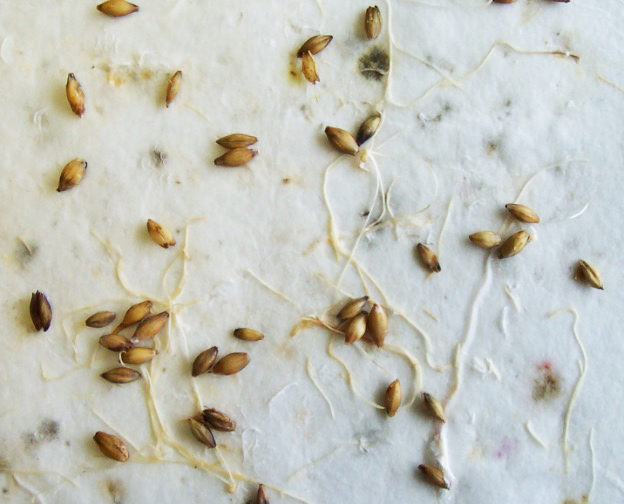
A germination test showing low germination in a barley sample. Seeds were examined by seed analysts to determine the reasons for their lack of germination including dormancy, damage or disease. The results of their analysis is reported to the grower who submitted the sample for testing.



